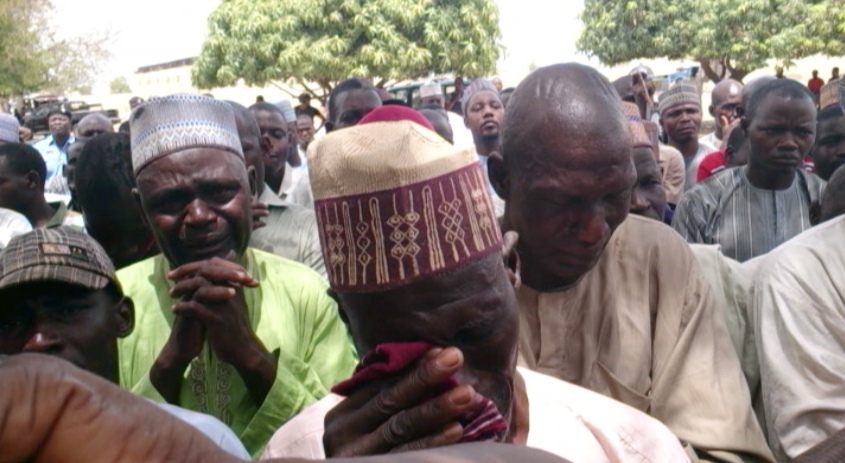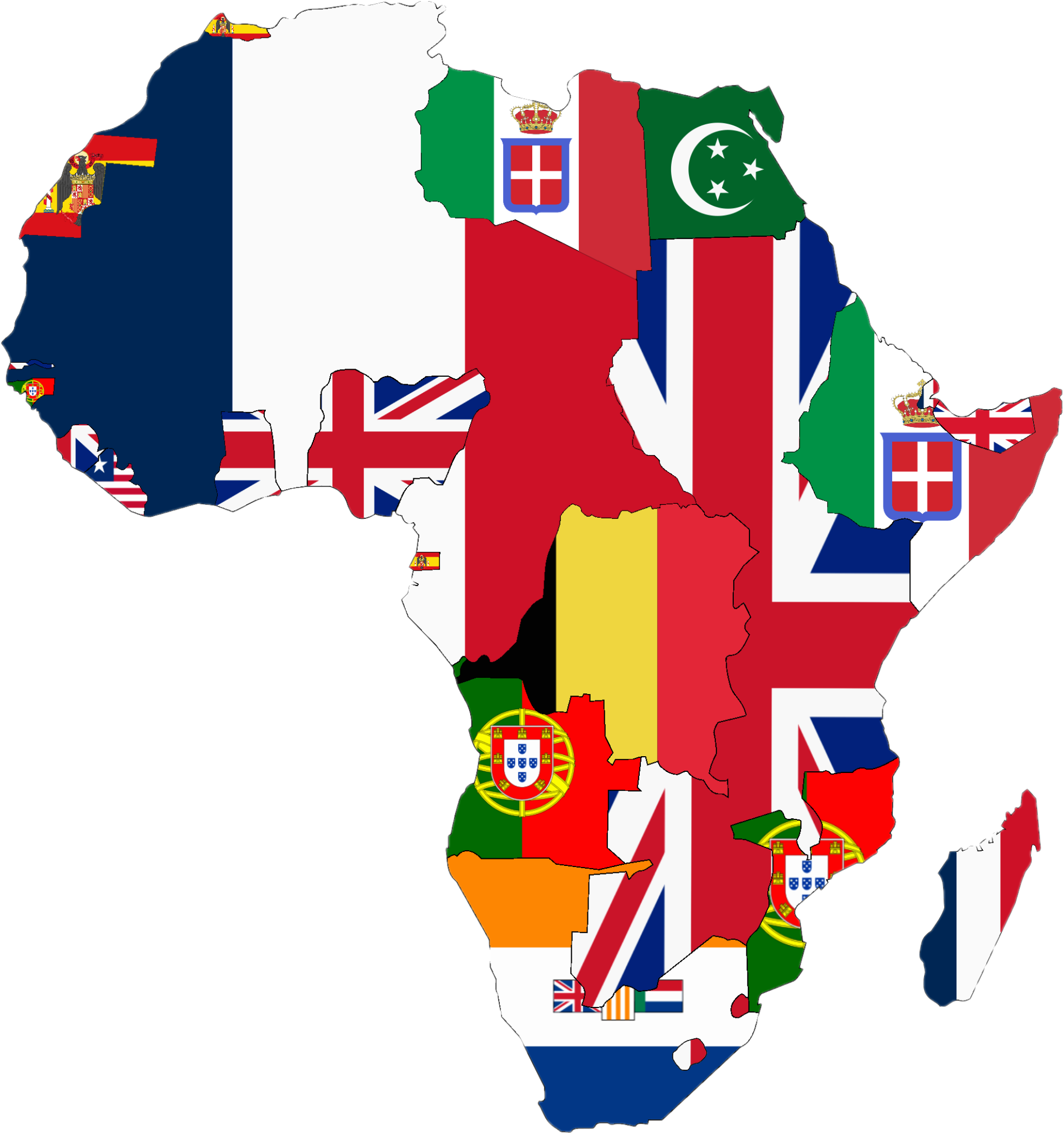This is part two in a three-part series by guest author Emmanuel Mbaezue on the Boko Haram kidnapping of more than 200 school girls in Nigeria.
See also part 1.

Image by Arnold Platon, used under the Creative Commons Attribution-Share Alike 3.0 Unported license.
Dr. Bitrus Poga, the National Chairman of Kibaku Area Development Association, reports that the insurgents who kidnapped the Chibok schoolgirls numbered over 400. They came in big trucks, vans, and motor bikes, armed to the teeth with sophisticated weapons. The detachment of 18 soldiers stationed around the area could do little against such an overwhelming force. Two lives were lost, a soldier who died of a heart attack and a mobile police officer gunned down by the insurgents.
For more than two weeks after the abductions, no significant effort was made by either the Borno State government or the Federal Government to find the girls. If the local and foreign media had not saved the situation by drawing attention to this incident, the abduction of the girls would have been handled with levity– just like other cases of attack by the insurgents.
The Nigerian government rejected criticisms of its lax response, claiming that the Chibok story is part of a larger plot by some northern elements and other political rivals to depict the President, who is of south-south descent, unfit for re-election in 2015.
As for security in Nigeria, there is always a disparity between capability and willingness. The security sector has all of the funding and human capacity resources needed to make it one of the best in the world. Unfortunately, it cannot attain this lofty height due to the corrupt practices of those in authority. The Chibok situation has not only exposed the corruption, but also implicated those in charge of the nation’s security.
Mbaezue Emmanuel Chukwuemeka has a Masters of Science in Conflict Management and Peace Studies from University of Jos, Jos, Plateau State. He is a member of Institute of Chartered Mediators and Conciliators.


